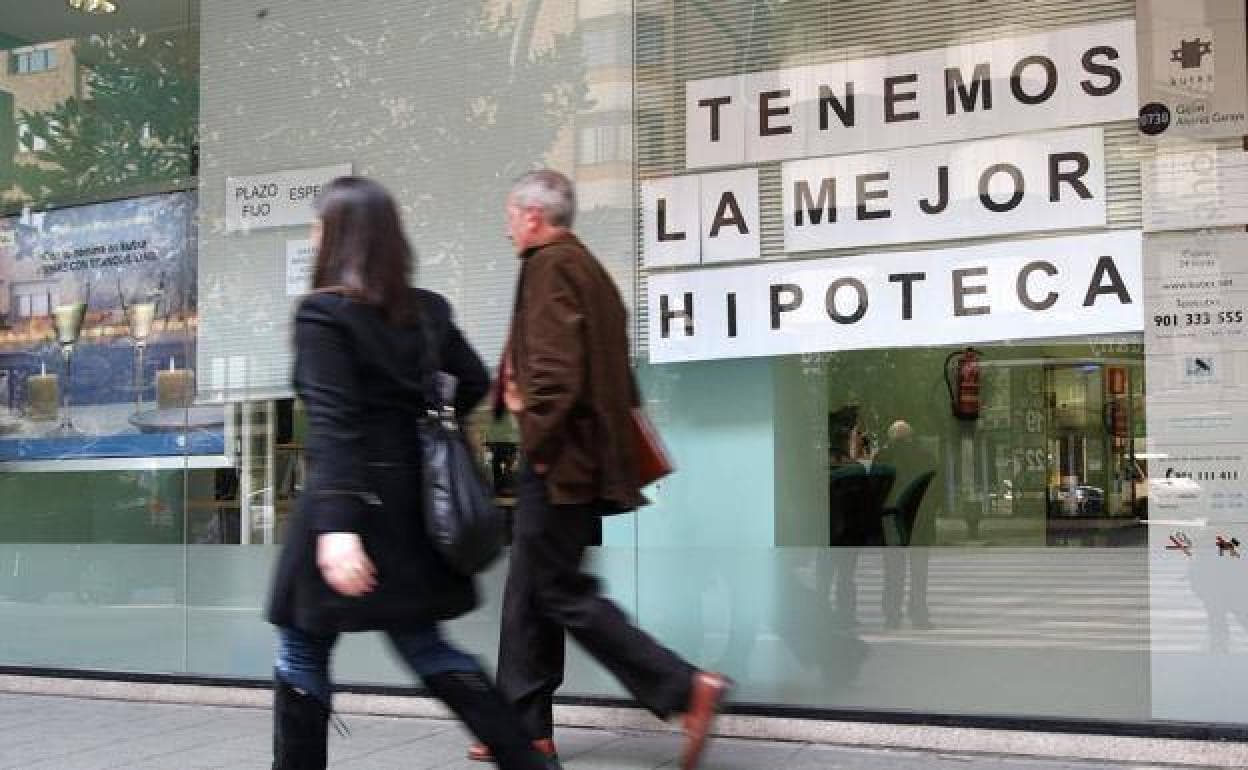Repayments are likely to cost another 1,500 euros a year more on the average mortgage
The cost of borrowing money will put extra pressure on the household budget, although the ECB’s latest decision is not yet being reflected by interest being paid on savings
José María Camarero
Madrid
Friday, 9 September 2022, 15:42
There is another scare and the summer isn’t even over yet. Not even two months have passed since the first rate hike by the European Central Bank (ECB) in a decade, but the institution governed by Christine Lagarde has now decided to increase the cost of borrowing money by another 0.75 points.
Not only do we have to get used to interest rates being in positive figures, something which hasn’t happened with the Euribor since 2016, but also paying high rates of interest: official rates are 1.25% and the Euribor nearly 2%, and this is going to cost families, businesses and the State, while some people may receive a bit of money for saving.
120 euros a month more for the average mortgage
The first consequence of the increased rates is that monthly mortgage repayments will be more expensive for people whose loans are subject to variable interest rates. That has already been the case with those which were reviewed in recent weeks, as they will have incorporated the rise in the Eurobor. The mortgage indicator used to calculate most variable-interest mortgages has gone from -0.5% at the beginning of the year to 1.9% on Thursday this week.
This will mean the monthly repayment on an average mortgage (145,000 euros over 24 years with a differential of one point over Euribor) will go up from 530 euros to 650 with the next review. That is an extra 1,500 euros a year for families to find. Those with a fixed-rate mortgage will not be affected.
More expensive credit
Those who opted for credit to fund their purchases last Christmas paid the lowest interest rate for years for this type of transaction: 5.6%. However, the ECB’s decision means this type of finance is already more expensive. Six months after Christmas, at the height of the summer, it had gone up to 6.8%, practically the same level as in 2018.
Deposits: will interest be paid?
For the past decade, people who have saved money in their current accounts have received no interest. In fact, bank charges have often reduced their capital. Even some large businesses have had to pay the banks for having money in their accounts.
That might change now. Might, because it is not clear whether interest on deposits will grow as fast as, for example, the interest on mortgages. However, since the last rise in interest raes in July, the rate on deposits has not changed. It has not increased yet, although some banks are starting to offer more attractive deposit conditions.
More costly public debt
The ECB’s decision also means the State will have to spend more money to finance the public debt in order to sustain the Spanish economy. The Treasury has already had to pay more interest on debt issues, under pressure from investors. The cost of a 10-year Spanish bond is now 2.7%. Three months ago, it was below 1.5%.
This year, the State will pay more than 30 billion euros in interest and that figure could well increase in 2023.
